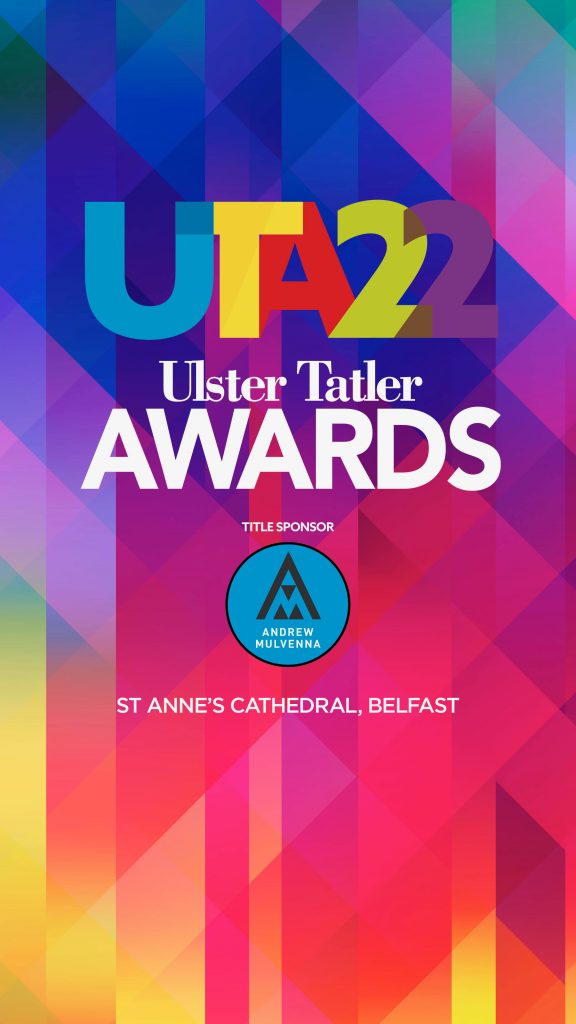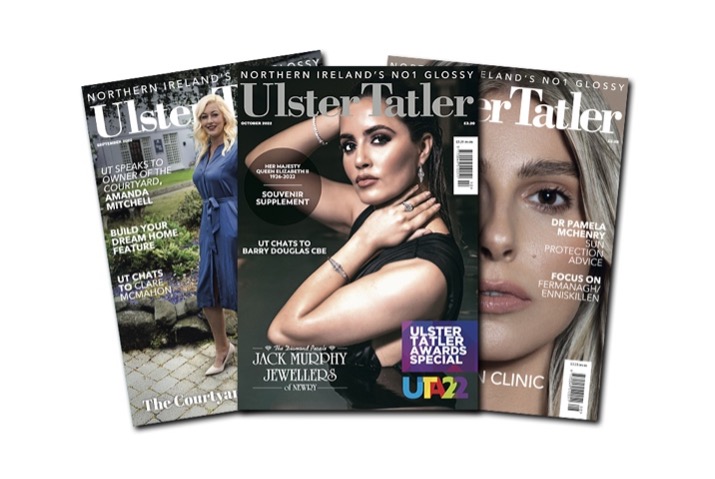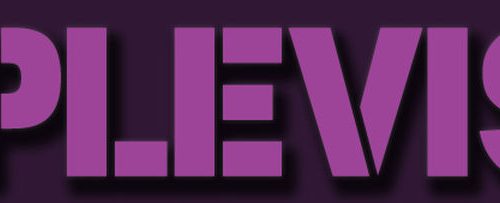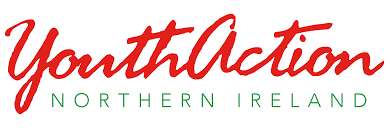Start believing in yourself
As the summer came to a leisurely close, I had the sudden realisation that I had not yet started looking for work placement. This realisation then led to that familiar feeling of anxious dread, a feeling that I often experience when I procrastinate the important things I really should be doing – but never do. So, about a month before I started back at university, I emailed my lecturers and obtained the golden list of placement contacts. With this valuable information in hand, I sat in my living room on a Tuesday afternoon in August with my laptop and phone placed at the ready. And so, the hunt for placement began…

To aid in my reflection for this blog, I have decided to use Gibbs’ reflective model as I find that it is the most effective model for myself as it allows me to fully evaluate my journey so far. Breaking my reflection down into clear stages helps me utilize my experiences and turn them into lessons for my future career.
Stage One: Description

Once I had set out on my hunt for placement, I found that securing a placement would be more difficult than I initially thought. Perhaps I was a little naïve to what finding placement would be like, but I honestly thought that it would just be a case of sending a few emails or making a few phone calls and that would be it. Unfortunately, it was not so simple. After numerous polite rejection phone calls and emails that seemed to get me nowhere, my options appeared to be getting less and less. I made a last hopeful phone call to Ulster Tatler magazine, a polite man named James Sherry answered and said he would get back to me. Then, as I was driving home one day later in the week and I received a phone call from James inviting me in for an interview, two days later I had sat the interview and was told some fantastic news, finally I had finally secured my placement!
Stage Two: Feelings

If I’m honest, a magazine would not have been my first choice when looking for a placement provider. I study Broadcast Production, so naturally I figured that I would obviously need to gain a placement somewhere that was producing documentaries, films, or TV shows. I wasn’t sure if a magazine would be the write fit for what I was looking for in my career, but “many students limit their opportunities by refusing to look beyond a very limited range of jobs within a specific industry.” (Gregory et al, pg 15) I didn’t know what to expect starting at Ulster Tatler, so even though I was relieved to have a placement, I was anxious to begin working there as I had no idea what to expect.
Stage Three: Evaluation
Looking back, I can understand where I did well and where I needed to improve my skills, I found that after a couple of tries of reaching out to placement providers I started to understand what to say to get people to take notice. For instance, I found that picking up the phone and talking to people one to one was a far more effective method rather just endlessly sending emails into the universe. Once I had gotten to interview, I remember walking out of the interview, proud of how I conducted myself. I decided before going in that I was going to try and be completely open with James, being clear with the requirements I needed from the placement while trying my best to sell myself. “Don’t be afraid of stating your intentions for a work placement, such as indicating any specific skills you would like to learn.” (Barton, pg 17)
Stage Four: Analysis
I now understand how my anxiety held me back from making those first steps to getting a placement. If I simply pushed past that procrastination, I would have set myself up for feeling a lot more confident in the placement hunting process. I also found that opening myself up to options I hadn’t originally considered provided me with a solution to my problems, and therefore taught me the lesson to stay open to avenues I wouldn’t have expected for my career.

Stage Five: Conclusion
During this process, I learned how to conduct myself professionally to sell myself to potential placement providers, while also learning about my own personal downfalls I struggle with. Learning how to manage my anxiety, as well as my tendency to procrastinate has been an extremely valuable quality that I continue to build on. I learned that if I push myself to work that little bit harder, the experience I will gain is well worth it, the value of work experience cannot be underestimated as when thinking of my future career “Work experience may be a more valuable option to consider” (Gregory et al, pg 13)
Stage Six: Action Plan
As graduation seems to be getting scarily close, I plan on using the skills I’ve learned during my journey to securing placement and implement them while job hunting for graduate positions. The anxiety I have may still linger, but I have promised myself that I will do everything I can to never let my own personal doubts and beliefs hold myself back from an amazing opportunity.
Works Cited:
Gem Barton. Don’t Get a Job…Make a Job. Laurence King Publishing, 2016. EBSCOhost, https://search-ebscohost-com.queens.ezp1.qub.ac.uk/login.aspx?direct=true&db=nlebk&AN=1234840&site=eds-live&scope=site.
Gregory, Georgina, et al. Careers in Media and Film : The Essential Guide, SAGE Publications, Limited, 2008.ProQuest Ebook Central, http://ebookcentral.proquest.com/lib/qub/detail.action?docID=420885.
Support (2021) Gibb’s reflective model, Online essay writing service. Available at: https://sourceessay.com/gibbs-reflective-model-online-assignment-help-uk/ (Accessed: November 23, 2022).
Too Little, Too Late
You May Also Like

Securing My Placement: The Humbling Experience of Film Industry Rejection
24 November 2022
Securing a Placement: An Observation in Timing and Luck
25 November 2022
